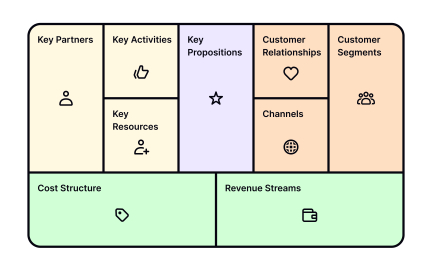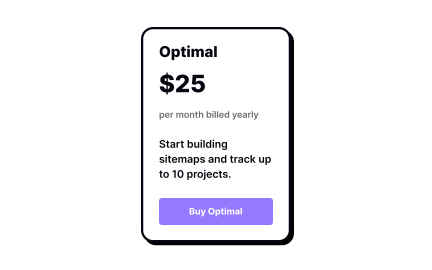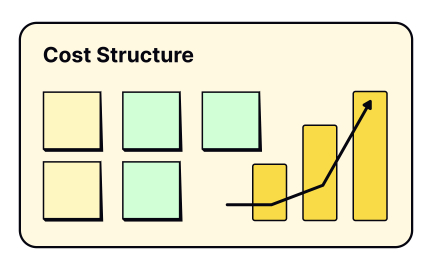Pricing Psychology
Pricing psychology uses user behavior and perception to influence pricing decisions that support adoption, retention, and positive revenue outcomes.
What is Pricing Psychology?
Customers consistently choose cheaper competitors despite your superior product quality, or when price increases trigger unexpected customer resistance that damages relationships you've worked hard to build.
Most pricing decisions ignore human psychology and decision-making biases, missing opportunities to communicate value effectively while inadvertently triggering price sensitivity that undermines profitability and market positioning.
Pricing psychology is the study and application of how psychological principles, cognitive biases, and emotional factors influence customer perception of value and willingness to pay, enabling strategic pricing approaches that optimize for customer psychology rather than just cost-plus margins.
Companies applying pricing psychology principles achieve 15-25% higher profit margins, 20% better price acceptance, and significantly reduced customer churn during pricing changes compared to businesses using purely cost-based pricing approaches.
Think about how luxury brands command premium prices not through superior materials alone but by leveraging psychological principles like scarcity, social proof, and status signaling that influence perception of value beyond functional benefits.
Why Pricing Psychology Matters for Profitability
Your pricing strategy focuses on costs, competitor analysis, and profit margins without considering how customers psychologically process and respond to different price presentations and value propositions.
The cost of ignoring pricing psychology compounds over time. You get unnecessary price sensitivity, missed premium pricing opportunities, customer resistance to price increases, and competitive disadvantage against companies that understand customer value perception better.
What strategic pricing psychology delivers:
Higher price acceptance because pricing presentation leverages cognitive biases and psychological principles that make customers more likely to perceive fair value and make purchase decisions.
When you understand how customers psychologically process price information, you can present prices in ways that feel reasonable rather than expensive.
Reduced price sensitivity through value framing and anchoring techniques that help customers focus on benefits rather than costs when making purchase comparisons.
Better customer retention during price changes because psychological principles can minimize negative reactions while emphasizing continued value rather than just cost increases.
Premium positioning opportunities through pricing strategies that signal quality, exclusivity, or status that justify higher prices beyond functional product differences.
Improved conversion rates as pricing psychology removes psychological barriers and decision-making friction that prevent purchase completion even when customers want your product.
Advanced Pricing Psychology Strategies
Once you've implemented basic psychological pricing principles, develop sophisticated value perception and behavioral influence approaches.
Dynamic Psychological Pricing: Adjust pricing psychology techniques based on customer segment, purchase context, or market conditions to optimize value perception for different situations.
Behavioral Economics Integration: Apply advanced behavioral economics principles like mental accounting, endowment effect, and social proof to create pricing strategies that align with natural human decision-making patterns.
Value-Based Psychology Alignment: Connect pricing psychology with customer value realization, ensuring psychological techniques support genuine value delivery rather than just perception manipulation.
Cultural Pricing Psychology Adaptation: Modify psychological pricing approaches for different cultural contexts where value perception and decision-making patterns may vary significantly.
Recommended resources
Courses

Color Psychology

UX Writing

UX Research
Lessons

Business Model Canvas

Rhythm in Design Composition







